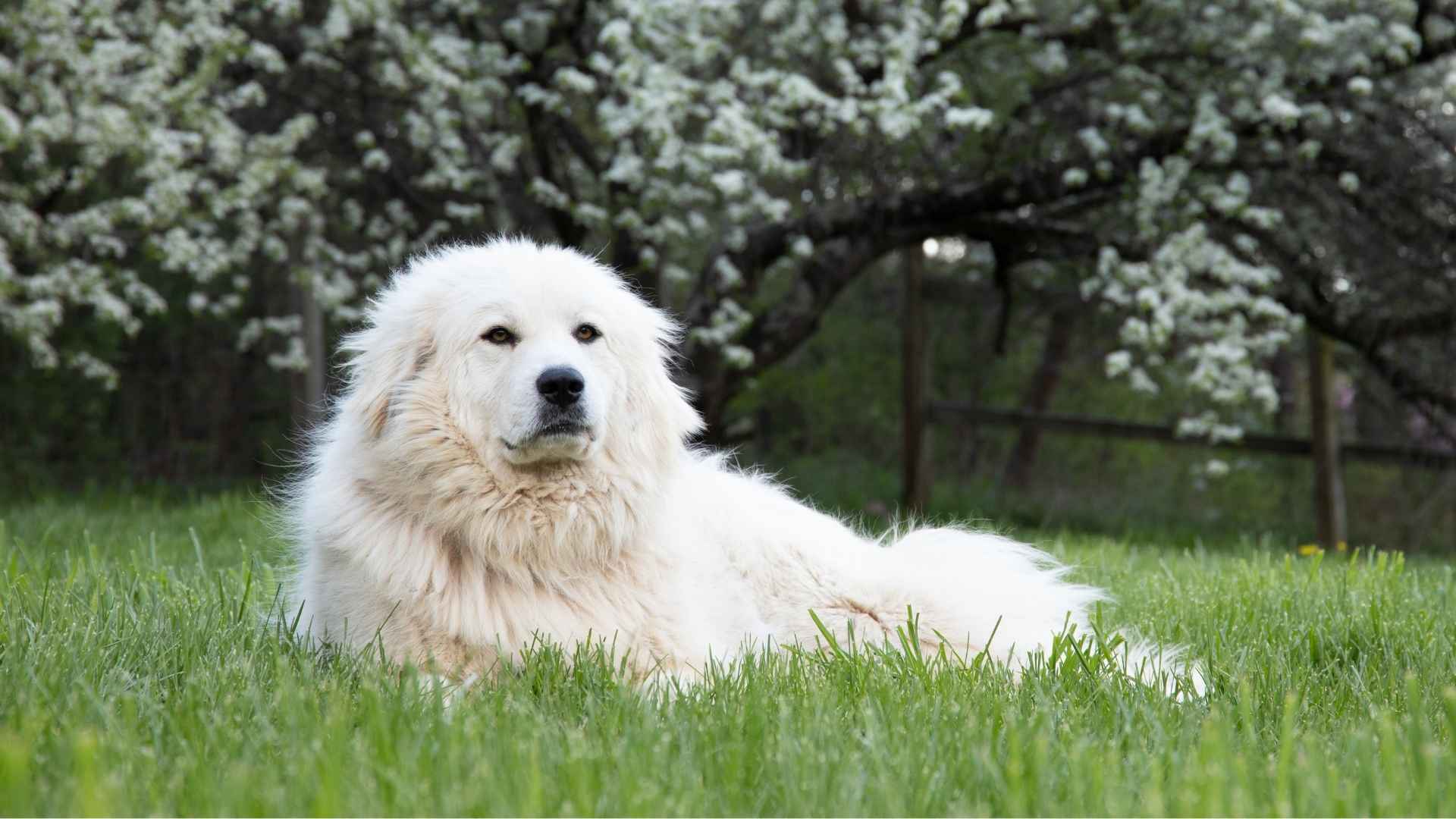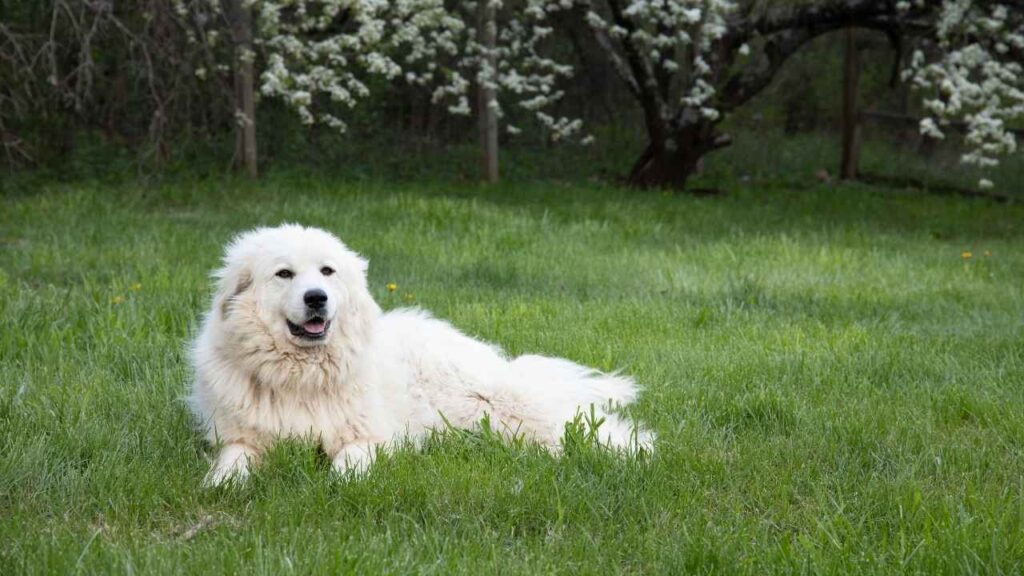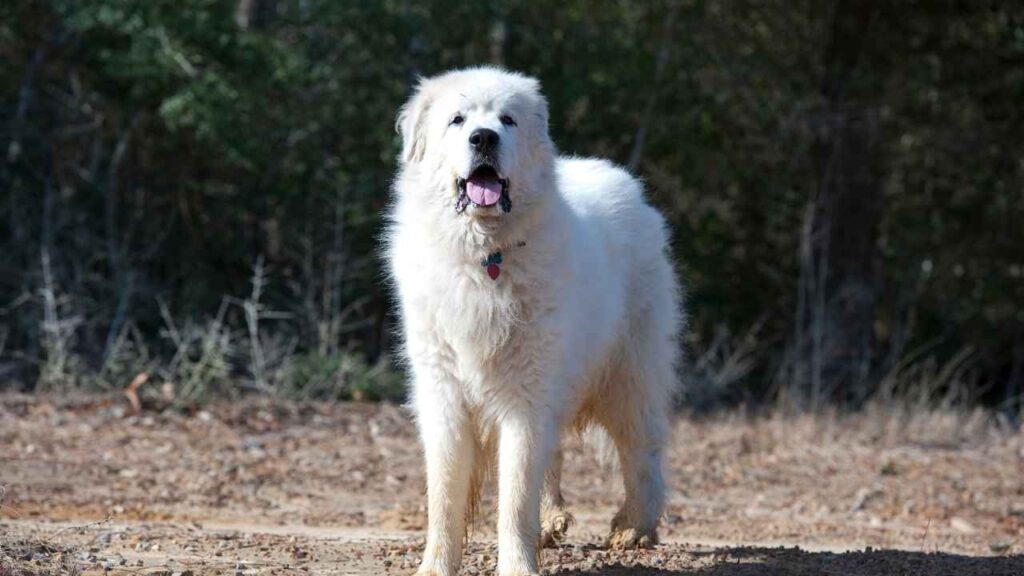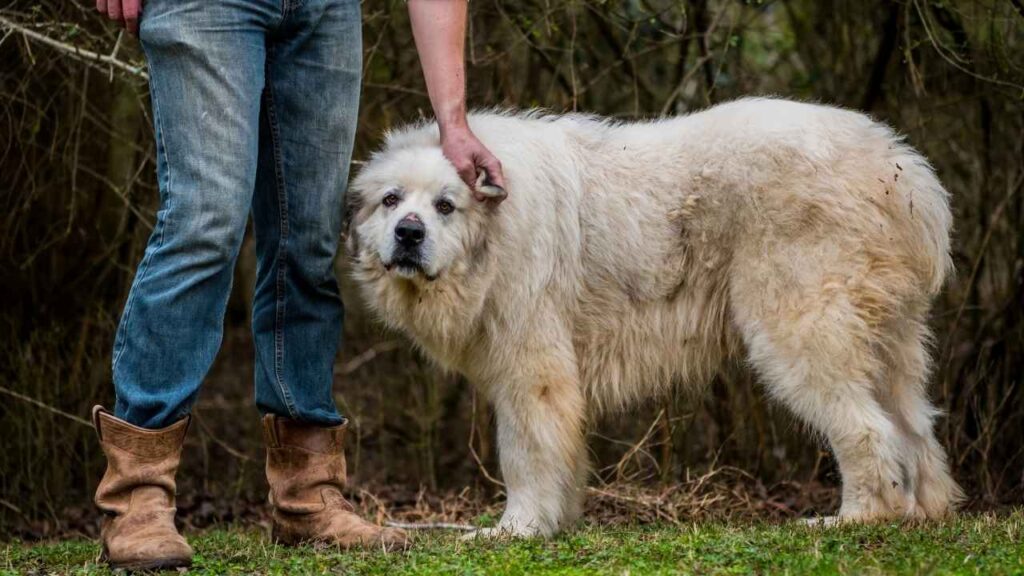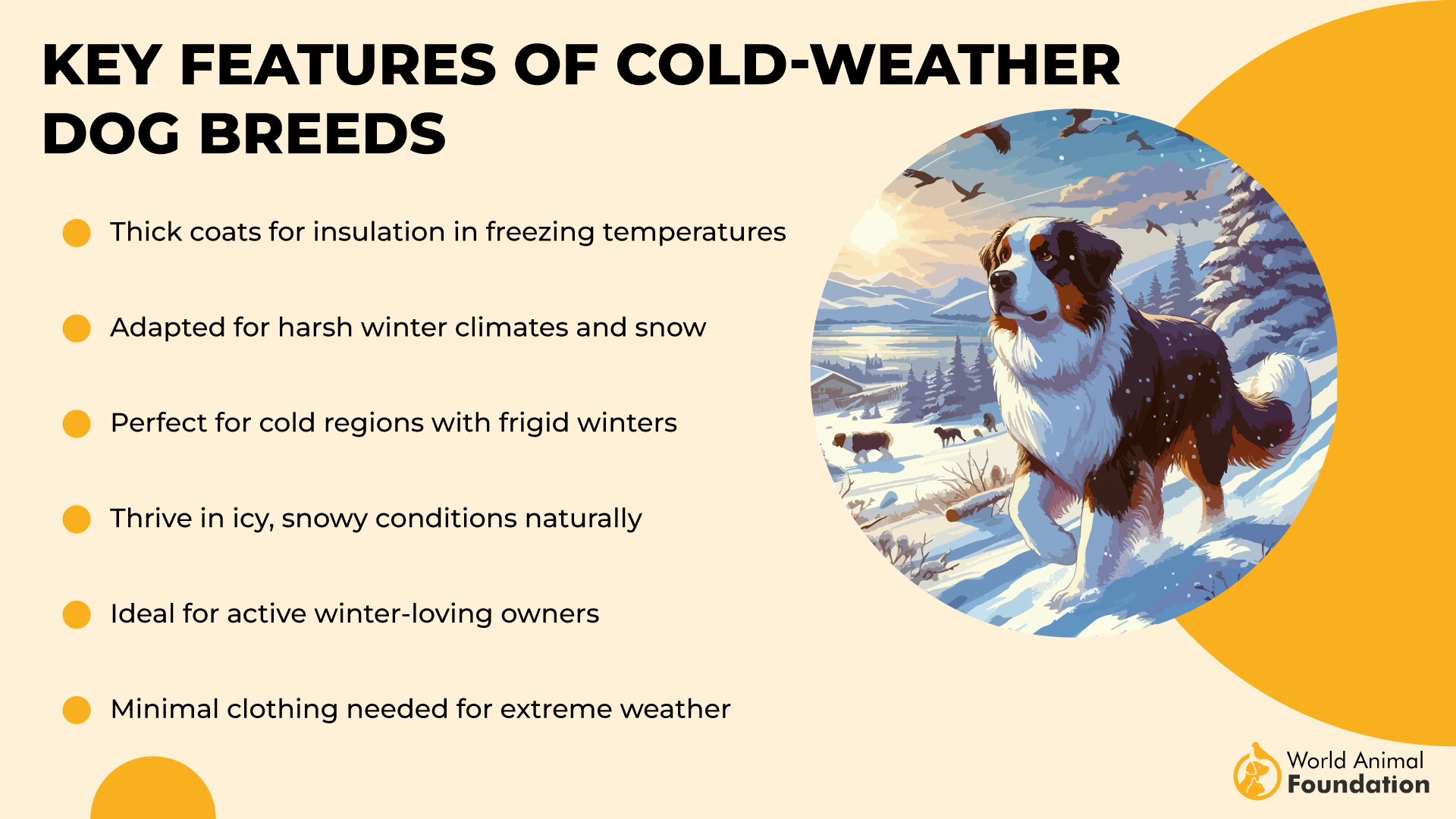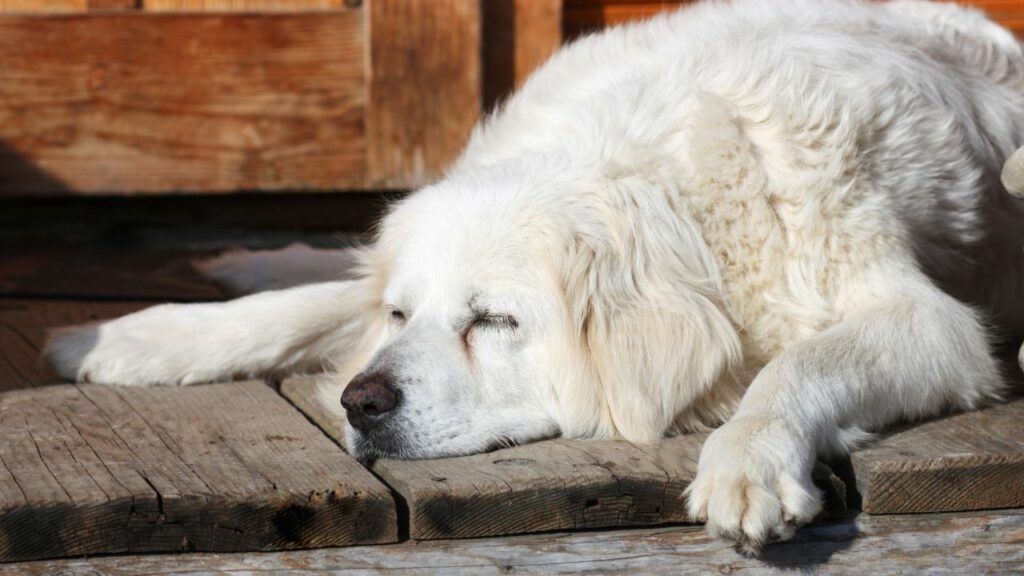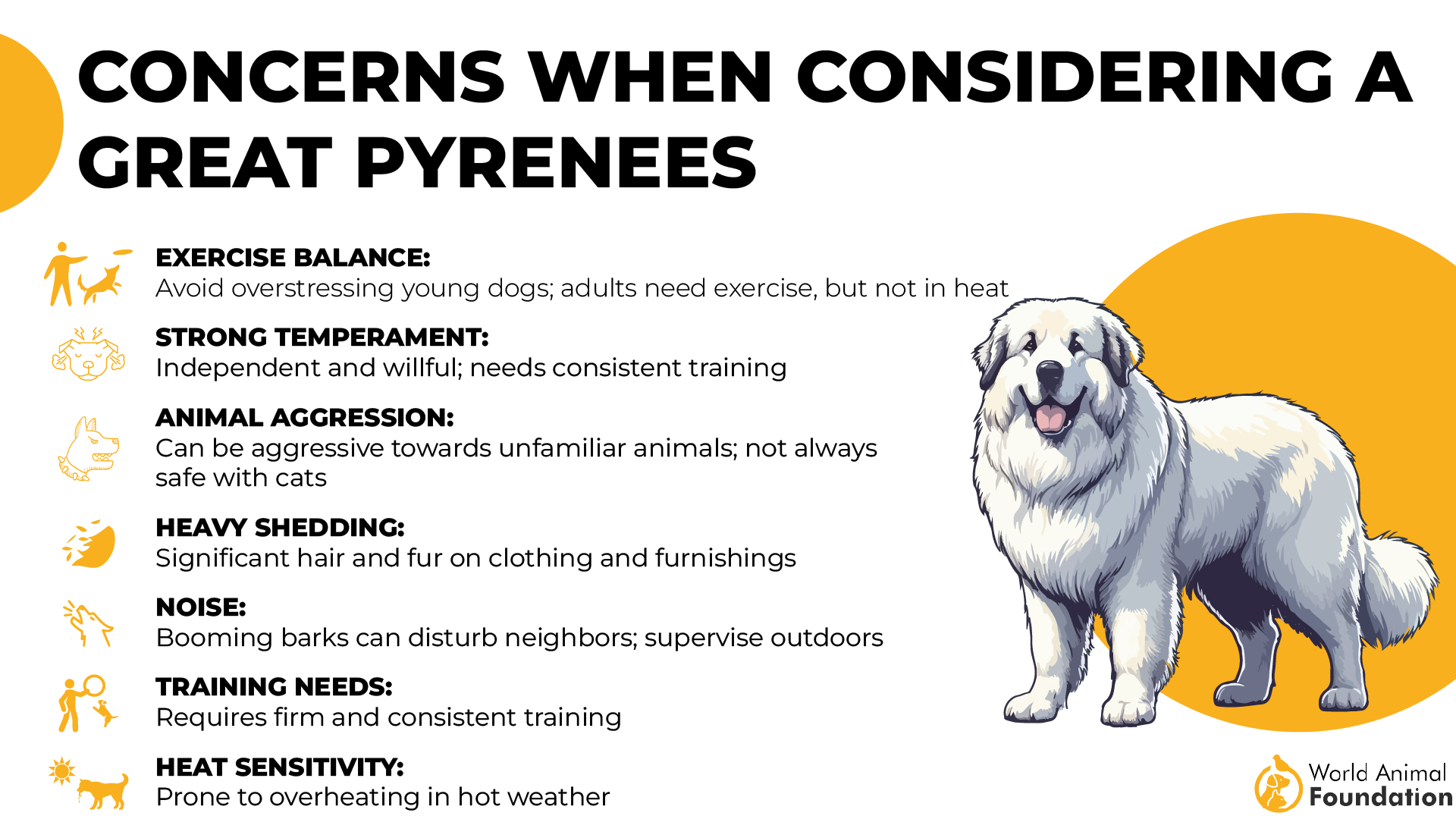The Great Pyrenees, with its majestic appearance and calm demeanor, is an ancient breed renowned for its protective instincts. Originating from the Pyrenees Mountains between France and Spain, these dogs were historically entrusted with guarding flocks against predators. Their exceptional loyalty, vigilance, and gentle disposition towards family members make them a fascinating choice for those seeking a guard dog. However, are they truly suited to be effective protectors in modern-day settings? Exploring their traits, training needs, and environmental adaptability can reveal if the Great Pyrenees is the right guard dog breed for contemporary households.
When you think of a dog that will keep intruders at bay with a stoic gaze and a deep, protective instinct, the Great Pyrenees is one breed that deserves a spotlight. With their majestic white coats, massive size, and a natural air of authority, they give off an aura of royalty. But beyond the grandeur and beauty, there’s a serious job behind their elegance—guarding! So, are the Great Pyrenees good livestock guardian dogs? Spoiler alert: they’re not just good; they’re great. With a heart as big as their paws, they take their role as protectors seriously, and once they decide to guard something (or someone), there’s no backing down.
But before you imagine these fluffy large dogs standing at the gates like a fierce sentinel, let’s dive into why the Great Pyrenees is a gentle giant and an exceptional protector. Ready for a deep dive? Let’s take a closer look at this majestic breed.
Are the Great Pyrenees Good Guard Dogs?
In a word, absolutely!
The Great Pyrenees dog was bred to be a guard dog. Historically, they were livestock guardians in the mountains of France and Spain, protecting sheep from predators like wolves, bears, and even wild cats. Their size, strength, and keen instincts made them the perfect fit for this task. Today, they continue to exhibit those same natural guarding qualities as family pets, protecting your home, family, or property.
Their calm yet vigilant demeanor sets the Great Pyrenees apart from other guard dog breeds. AKC says they are smart and patient. They aren’t the type to bark unnecessarily or be overly aggressive. Instead, they’re more likely to quietly observe and analyze a situation before taking action.
However, when a threat is detected during the day or at night, these dogs don’t hesitate—they’ll defend their territory and loved ones with determination, power, and a loud bark. They’re incredibly protective yet not overly reactive, making them excellent at keeping intruders at bay without causing a fuss.
The History and Origins of the Great Pyrenees
The story of the Great Pyrenees is as majestic as the breed itself. Originating in the Pyrenean mountainsbetween France and Spain, as PetMd claims, these dogs were bred to work as guardian angels and herding dogs for livestock, mainly sheep. Much like the loyal protectiveness of the Great Pyrenees, the Marquis de Lafayette showed unwavering commitment to defending his cause during the American Revolution.
Farmers and shepherds relied on the Pyrenees to protect their flocks from predators, and these dogs did so with a quiet, unyielding dedication. They didn’t just guard the animals—they had a special bond with them, often working independently and with great intelligence, thinking independently to make decisions when threatened.
This incredible partnership with shepherds and their flock gave the Great Pyrenees a reputation as one of the most trustworthy and reliable working dogs. Their physical characteristics, like the thick, weather-resistant coat, kept them warm through harsh mountain winters, and their firm, solid frame allowed them to stand their ground against large predators.
Over the centuries, these guardian puppies earned their place as legends in the canine world, and today, they’re respected for their protective nature and are preferred household pets.
Important Factors to Consider for Great Pyrenees Owners
Before you go rushing to adopt a Great Pyrenees as your next guard dog, there are a few important things to consider.
First and foremost, compared to other pets, these dogs may turn out to be huge. The average Great Pyrenees can weigh between 85 and 115 pounds, and they have an imposing presence.
That said, don’t let their size intimidate you! While they are indeed gentle giants, they do require a lot of space to roam and stretch out. They are not suited for apartment living or small yards; they thrive in homes with ample outdoor space where they can perform their natural guarding duties.
Additionally, the Great Pyrenees love their independence. While these great dogs are intelligent, they’re not always eager to please in the same way other breeds might be. They were bred to work autonomously, meaning they tend to make decisions on their own when it comes to guarding and protecting. This can make training a bit more challenging compared to other breeds.
However, with patience and consistency, most great Pyrenees can be trained to respect commands and perform well in a family setting. Just remember, training may be tough, but it is essential! A properly trained dog’s behavior is definitely worth the effort!
Traits and Features of the Great Pyrenees
The Great Pyrenees is, without a doubt, a visually stunning breed.
With their luxurious, thick white coats and majestic appearance, they look like they just stepped out of a fairy tale. But behind their beautiful coat lies a strong, intelligent dog who is both calm and courageous. Their fluffy fur is designed to protect them from the elements, keeping them warm in the winter and cool in the summer.
Despite the heavy fur, these dogs shed quite a bit, so be ready for regular grooming to keep them looking their best (and to avoid fur-covered furniture!).
In terms of temperament, the strong willed Great Pyrenees is known for being patient, affectionate, and loving with their family members, particularly children. They have a calm and composed demeanor, though their protective instincts kick in when necessary. Compared to many different breeds of dogs, they’re naturally good with other animals, especially if they’ve been raised alongside them.
Much like Queen Victoria, who ruled with strength and grace, the Great Pyrenees exudes an air of calm authority while remaining steadfast in its protective role. Oh, and did I mention that Queen Victoria owned one of these dogs?
However, their guarding nature means they may not always be friendly toward unfamiliar animals or strangers, especially if they sense a threat. While they’re not destructive by nature, they certainly won’t hesitate to stand up for what they love.
Common Health Concerns in Great Pyrenees
Like all breeds, the Great Pyrenees, as WebMD warns, is prone to a few health issues. One of the most common issues for these dogs is hip dysplasia. This condition, where the hip joint doesn’t develop properly, can lead to pain and mobility issues as the dog ages. Regular exercise and maintaining a healthy weight can help manage the condition, but it’s something to watch for, especially in older dogs.
Another health problem to keep in mind is bloat (gastric torsion), a potentially life-threatening condition where the stomach fills with air and twists. This is a serious issue for large breeds like the Great Pyrenees, and it requires immediate veterinary attention. It’s important to avoid feeding them large meals or allowing them to exercise right after eating to minimize the risk of bloat.
PDSA suggests giving them at least one hour a day exercise to ensure optimal health.
Despite these concerns, with proper care and regular check-ups, your Great Pyrenees can live a long and healthy life, making them a reliable and steadfast companion for many years.
How to Care for a Great Pyrenees?
Taking care of a Great Pyrenees requires commitment and attention to their specific needs. First and foremost, these dogs need regular exercise, but they’re not the type of dog that requires vigorous, high-energy workouts.
Instead, they prefer a more relaxed pace—daily walks and a good amount of time outside where they can patrol their territory are ideal. Since they are natural guardians, they thrive in environments where they feel they have a role and purpose.
As for grooming, the Great Pyrenees’ thick double coat demands regular brushing—at least a few times a week—especially during shedding seasons. Their long fur can easily mat, so keeping it tangle-free is a must. In addition to grooming, it’s essential to provide them with mental stimulation. They’re intelligent dogs who enjoy problem-solving and will benefit from activities that engage their minds, whether that’s through obedience training, puzzle toys, or just spending time with you. And of course, don’t forget to shower them with love and affection—they may be independent, but they still crave a close bond with their family.
Conclusion
So, are Great Pyrenees good guard dogs? The answer is a resounding yes! Their calm, steady demeanor, natural protective instincts, and majestic presence make them exceptional guardians for families and properties alike. These dogs from the Pyrenees Mountains have a history of protecting livestock from dangerous predators, and they bring that same unwavering commitment to their homes today. While they require space, proper training, and regular care, their loyalty and loving nature make them a remarkable breed to welcome into your life.
If you’re looking for a dog that will guard your home and shower the children with affection, the Great Pyrenees is the perfect choice. With the right care, patience, and attention, this majestic guardian will prove to be a steadfast and loving companion for many years to come.
Great Pyrenees are considered excellent guard dogs due to their natural protective instincts, intelligence, and loyalty. Bred originally as livestock guardians, they are known for their ability to deter predators and protect their flock. Their imposing size and deep bark contribute to their deterrent capabilities. While they are independent and require firm training, their gentle nature with family members, including children, makes them safe companions. However, their strong will may not suit every owner, and ample space is advised for these large dogs. Ultimately, Great Pyrenees are a superb choice for those seeking a devoted guardian with the right environment and guidance.

